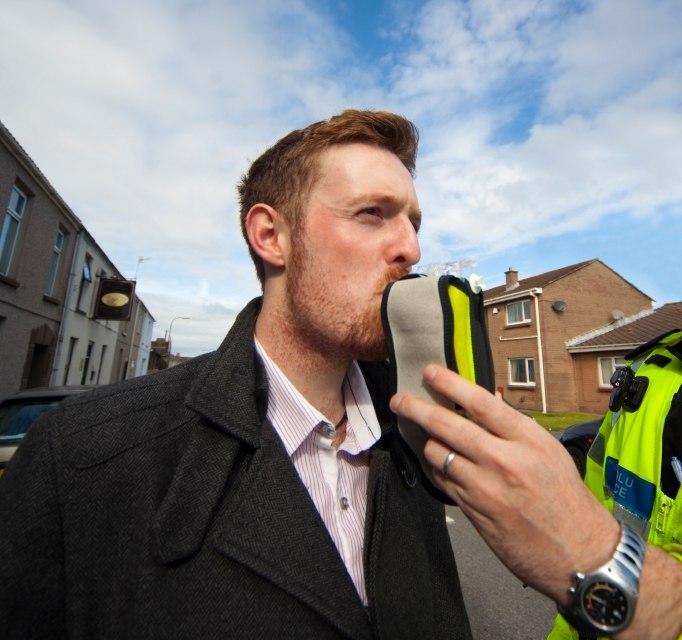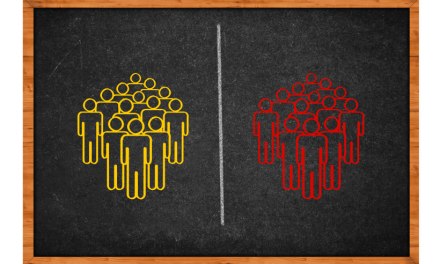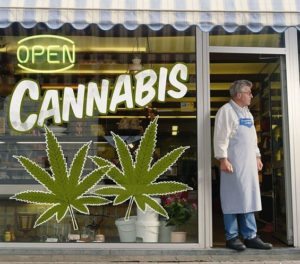Everyone knows that drinking and driving is the major preventable cause of traffic fatalities– some 10,000 deaths annually. But what to do about it?
In recent years, researchers have put together a body of evidence to the effect that simply by lowering the standard BAC from .08 to .05, we could save an estimated 1500 lost lives every year. Not to mention approximately $121 billion in associated medical, legal, property, and productivity costs.
Don’t take my word for it. Here’s a downloadable summary: https://nap.nationalacademies.org/resource/24951/110618_BAC.pdf
With all this evidence, how many US states have taken the step to drop the limit to .05?
One. Utah.
Six others have at least introduced the issue in their state Legislatures, where it has apparently been rough going. For instance, Hawaii’s state Senate actually passed such a bill three years ago. It has yet to come to a vote in the House. I imagine some tricky legislative gymnastics were involved.
The opposition comes from important business interests, especially the hospitality and restaurant industries. A recent article:
Several States Considering Lower .05 Blood Alcohol limit to Reduce Drunk Driving
Of course, bars and restaurants do depend on customers’ alcohol consumption for a substantial portion of their profit. It’s possible some could fail if diners stopped buying so many drinks (that didn’t happen in Utah, but the fear remains.)
Also, industry lobbyists argue that a lower limit would create a hardship for servers in terms of figuring which customers were too impaired to drive.
That made little sense to me. Aren’t the servers assessing their customers now, without the help of blood alcohol meters? Seems they could retrain the waitstaff and bartenders to recognize impairment a little bit earlier in the evening?
Another odd argument: Most fatal accidents are caused by drivers who have a BAC over .08. So what? A lower limit would presumably lead servers to cut them off well before they reached anything close to that level. And the Utah experience provides direct evidence that lowering the limit resulted in a marked decline in traffic deaths.
My own theory: By increasing awareness of the risk and potential consequences of drunk driving, we could benefit from an added deterrent effect. Knowing a more rigorous standard will be applied (with penalties) can lead most of us to approach an evening out with greater caution.
No, that won’t be enough to substantially change the behavior of the so-called ‘hardcore’ drunk driver. Very little does, other than arrest, or treatment, or the progression of the disorder itself. We could lower the limit all the way down to .00 and some folks would still be out there driving while intoxicated.
The goal isn’t to eliminate the problem entirely – as if we could – but to reduce some of the immense cost to society, in both lives and money.
That’s not worth it?













